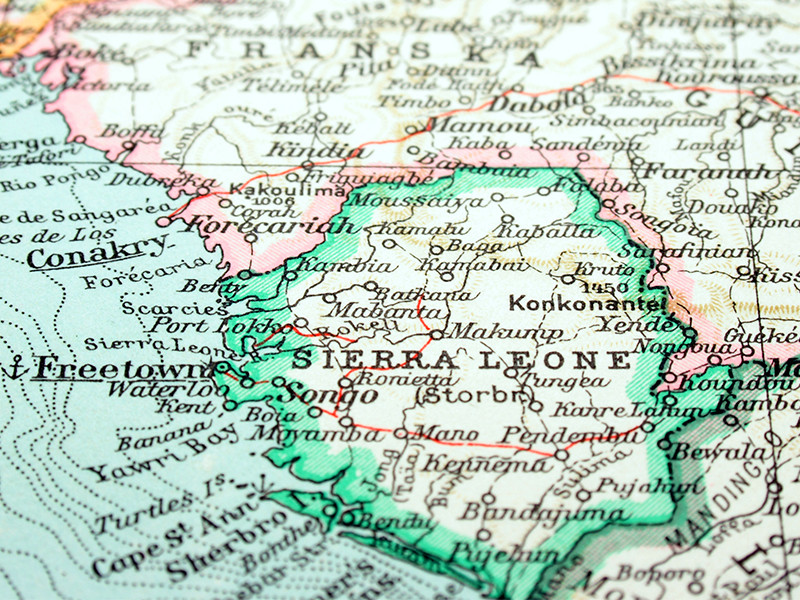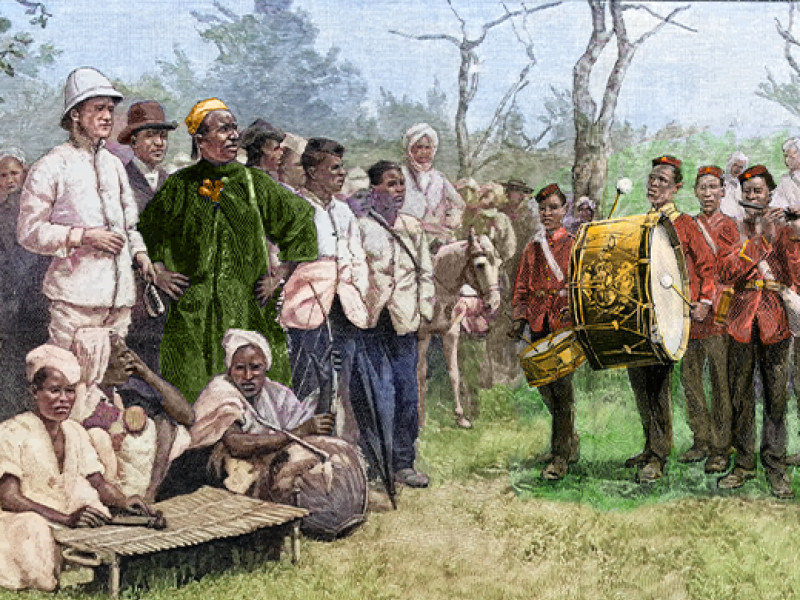Uganda Under Colonial Rule, in Government Reports, 1903–1961 - Key Data
Key Data
| Metadata Key | Metadata Values |
|---|---|
| Title | Uganda Under Colonial Rule, in Government Reports, 1903–1961 |
| Description | Uganda was a colonial creation that was formed by joining the kingdoms of Buganda and Bunyoro. In 1894, Uganda became a protectorate of the British Empire and was thereby administrated by the British. This collection provides a unique opportunity to explore this administration in Uganda in more detail. The collection compromises of over 50,000 pages of progress reports written by various government departments in Uganda. This collection, drawn from the British Foreign & Commonwealth Office records, contains a wealth of information on how Uganda was run by the British. The documents within the collection are dated between 1903 and 1961, just before Uganda’s independence from Britain in 1962. While there are some reports from the early 1900s the majority of the collection includes reports from the 1920s onwards. The documents are conveniently divided between 9 volumes, each compromising of reports from different government departments at the time. The volumes include Administration 1909-1961, Finance 1929-1962, Judicial and Police 1912-1960, Natural Resources 1903-1961, Social Services 1908-1961, Transport and Public Works 1912-1961, Trade and Commerce 1910-1961, Development Corporation and Boards 1948-1961 and Miscellaneous Reports 1923-1961. The subject matter varies between each report. Topics such as education, medicine, housing, accounts, forestry, agriculture and railways in Uganda are touched on within the reports. The collection offers a unique perspective on the British administration in Uganda via official government reports. British colonial rule in Africa has received extensive scholarly attention. The documents within this collection would be particularly beneficial to researchers and students who are not only interested in the economic history of an East African country, but also the social history. The documents would be useful for researchers who are studying how Uganda changed after independence in 1962. In particular, a comprehensive look at the yearly reports reveals how the structure of the colonial government changed over time. As the content pages at the front of each report list the departments which existed at that time. Uganda Under Colonial Rule works hand in hand with another British Online Archives collection in the Governing Africa series titled ‘Colonial Africa in Official Statistics, 1821-1953’. That collection uses statistics to tell the history of different African countries, like Uganda, through its accounts, population data, and lists of its officers. The government reports, within this collection, explain why those statistics are at the levels recorded, which in turn helps to build a full picture of Uganda under colonial rule. |
| ISBN | 9781851173143 |
| Contributor |

|
| Type | collection |
| Format | jpg |
| Identifier | https://britishonlinearchives.com/collections/64/uganda-under-colonial-rule-in-government-reports-1903-1961 |
| Source | Government publications relating to Africa |
| Creator | |
| Language | |
| Rights | Content © British Foreign & Commonwealth Office; images © Microform Academic Publishers, 2015. All rights reserved. Contains public sector information licensed under the Open Government Licence v3.0 |
| Publisher | Microform Academic Publishers |
| Coverage | 1903-1961 |
| Volume Count | 9 |
| Document Count | 79 |
| Image Count | 50,493 |
| Born From |
Source
This resource digitised straight from the 'source' material i.e. directly from the original, physical archive.
|
| Digital Marketing Rights | |
| Created On | 3rd November, 2015 - 4:25pm |
| Last Updated | 18th November, 2025 - 11:40am |
Download Marc Records
Download Collection Metadata
Download (.zip) arrow_circle_right View complete list of our Collection Metadata files.By downloading documents and the associated metadata for resources on British Online Archives, you agree to British Online Archive's terms of use.
Policies
Related Collections
View all Collections in Colonialism and EmpireUnlock Historical Research for Your Institution
Provide your students and researchers with direct access to unique primary sources.



